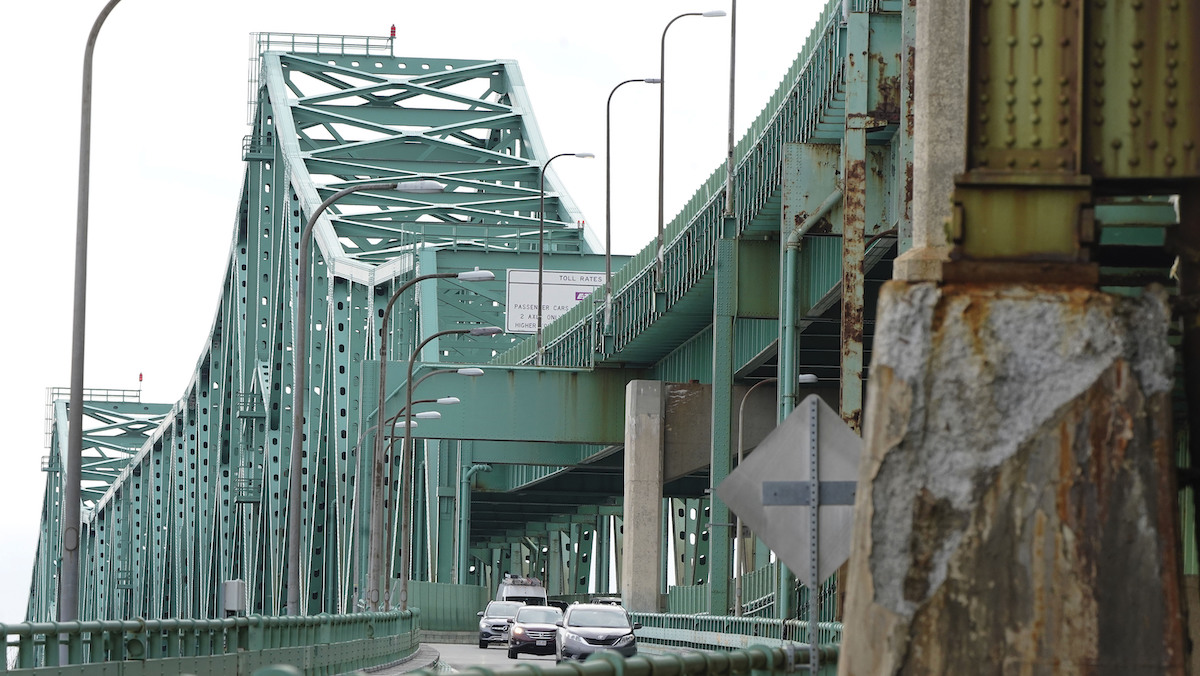A new report says the EMS system in New Hampshire is in a state of emergency. From first responders leaving the field to ambulance companies shutting down, health officials said the situation is dire due to a number of factors including recruitment and reimbursement.
The report that was released this week by the New Hampshire Ambulance Association paints the picture. Of the 150 EMS leaders surveyed in the report, 98% of them said the system is in urgent need of attention. More than 90% said the health and safety of residents is being impacted as a result.
WATCH ANYTIME FOR FREE
Stream NBC10 Boston news for free, 24/7, wherever you are. |
“If we don’t address this, I truly believe folks in New Hampshire are going to die as a result of this crisis,” Justin Van Etten, the executive director of the New Hampshire Ambulance Association said.
Van Etten said one of the biggest challenges is staffing. Right now Stewart’s Ambulance Service in New Hampshire has roughly 50 openings, but officials said the salaries make it hard to recruit.
Get updates on what's happening in Boston to your inbox. Sign up for our News Headlines newsletter.
“A basic EMT is making on average $15 an hour to save your life,” Van Etten said.
In order to raise salaries, ambulance companies are calling for Medicaid, Medicare and private insurance companies to increase what they reimburse for the services.
State Sen. Sue Prentis (D-Lebanon) who has been a paramedic for nearly three decades is pushing a bill that would do just that.
Local
In-depth news coverage of the Greater Boston Area.
“My biggest fear is if somebody calls 911 right now, there won’t be anybody there to answer,” Prentis said.
Health officials said right now 911 calls are not being impacted nearly as much as calls for patients who need to be transported from one hospital to another for care. In rural New Hampshire, they get these calls a lot.
“People used to wait a few hours for ambulances to come get them at a facility. Now sometimes they are waiting days,” Van Etten said.
Van Etten said this results in patients taking up beds in emergency departments for longer periods of time, which can make the wait time longer for everyone else waiting to be seen.
Adding to the list of challenges, three private ambulance companies in New Hampshire have closed since January. It leaves other companies left to pick up the slack.
“We try as best we can to provide coverage to them, but sometimes it’s just not possible,” Chris Stawasz of American Medical Response said.
Stawasz said a new class of EMTs that just graduated thanks to the state’s “Earn While You Learn” program helps, but with more than two dozen open positions, it is not nearly enough.
“By no means will this fill the entire void that we have, but it’s a great start,” Stawasz said.



